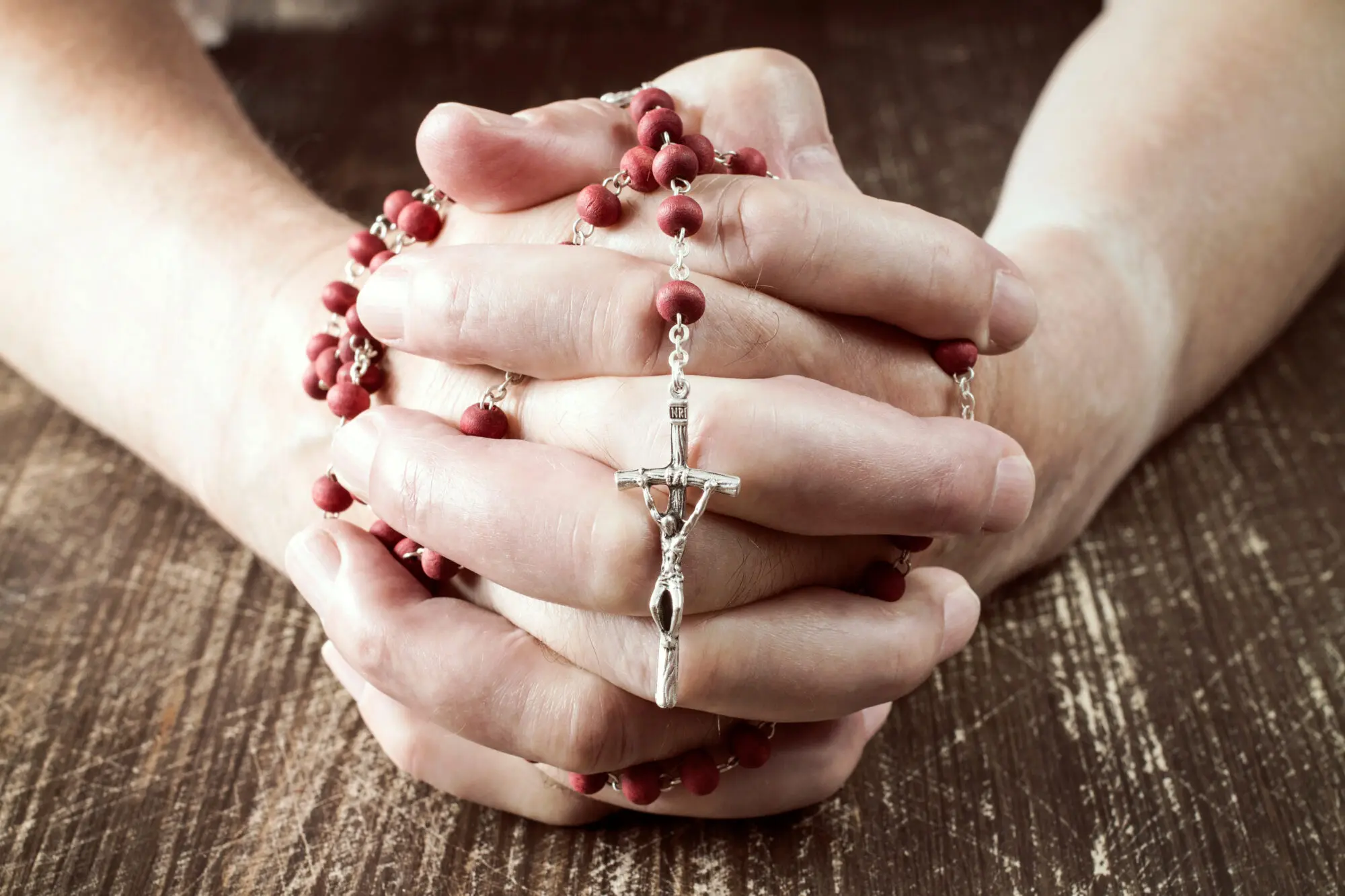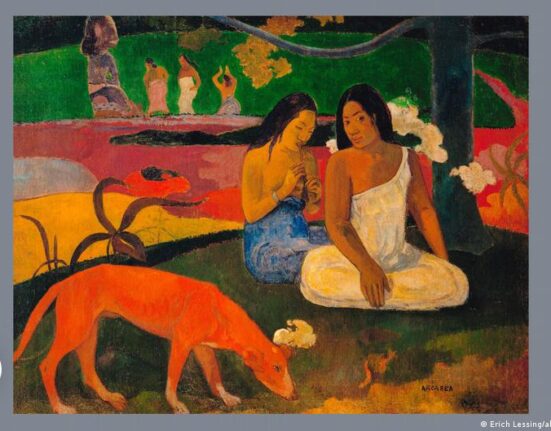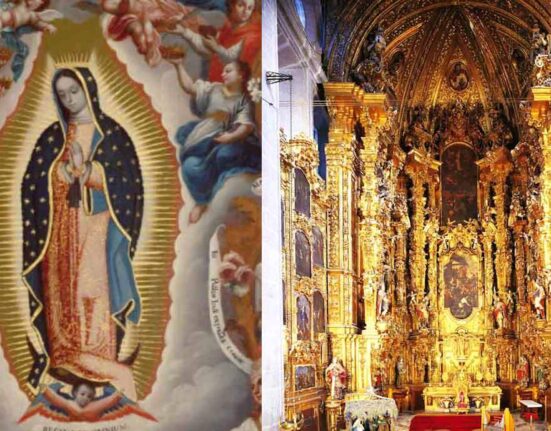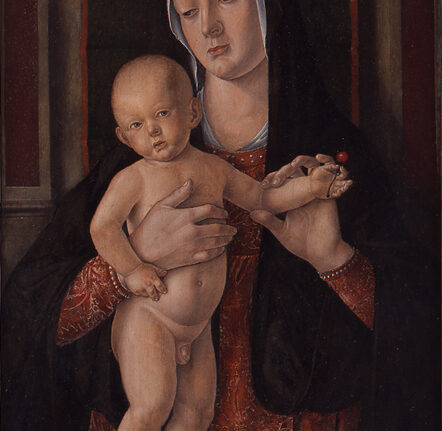The Spanish government, under socialist Prime Minister Pedro Sánchez, has banned Catholic protesters from praying the rosary outside of the headquarters of the governing Socialist Workers’ Party (PSOE) as protests against the government’s proposed amnesty for Catalan separatist coup plotters continue.
A report from the Spanish-language Catholic news outlet ACI Prensa has claimed that a chief inspector of the National Police alongside 20 police officers was sent to the PSOE headquarters in Madrid to prevent the praying of the rosary.
José Andrés Calderón, one of the organisers of the rosary protests, which have been going on daily at 7:30 p.m. since November 12th, took to X, the social media platform previously known as Twitter, to describe the police action.
10 minutes into the rosary, a chief inspector and 20 police officers asked me if I was José Andrés. Immediately afterwards, they told me that we could not pray there. If we did, they would interrupt the prayer and fine us. The police have proceeded to identify me and collect my information. The government is preventing a group of Spaniards from praying peacefully. The most scandalous thing of all has been the LACK OF SUPPORT WE HAVE HAD FROM THE PRIEST OF THE CHURCH. He asked us yesterday to go and pray somewhere else. Today he has sent emissaries, saying the same thing. We are absolutely helpless.
He went on to note that the government had banned the rosary protests from the 28th to the 30th of November, saying, “The government no longer even lets us pray. Let everyone know.”
On Tuesday, November 28th, many of the rosary protesters ended up leaving the area and going to the nearby Calle del Pintor Rosales, but some stayed by the PSOE headquarters, leading to the arrest of a 60-year-old woman by Spanish police.
Footage of the woman’s arrest was published on X with the caption, “This is the dictatorship that socialism has turned Spain into.”
The protesters have not backed down, however, and have called for all faithful Catholics to go outside their local church or cathedral and pray the rosary in communion with the Ferraz protesters on December 8th.
While Prime Minister Sánchez has been elected by parliament as the head of government, he has yet to deliver on the amnesty law that will grant amnesty to the Catalan separatists, some of whom are currently on trial for terrorism and other offences.
Opposition political parties, such as the populist-conservative VOX, have promised to fight the amnesty law in Spain’s Constitutional Court, while others have warned that the law could threaten the country’s constitutional order.







